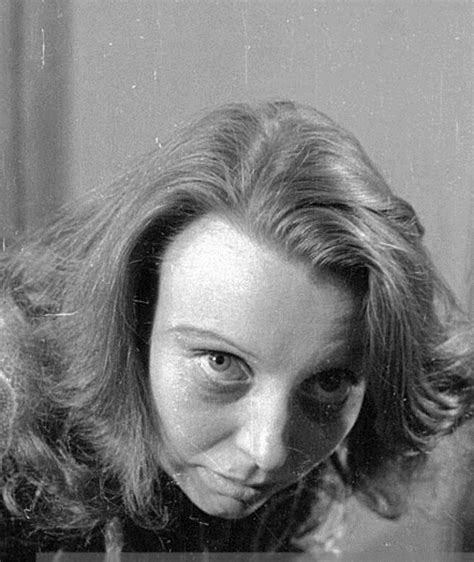A Quote by Miguel de Unamuno
We should try to be the parents of our future rather than the offspring of our past.
Related Quotes
If history is to be creative, to anticipate a possible future without denying the past, it should, I believe, emphasize new possibilities by disclosing those hidden episodes of the past when, even if in brief flashes, people showed their ability to resist, to join together, occasionally to win. I am supposing, or perhaps only hoping, that our future may be found in the past's fugitive movements of compassion rather than in its solid centuries of warfare.
To any intelligent being, there is no emotion more important than hope. Individually or collectively, we must hope that the future will be better than the past, that our offspring, and theirs after them, will be a bit closer to an ideal society, whatever our perception of that might be... It is at those times when we feel we are contributing to that ultimate end... we feel true elation.
And we should forget, day by day, what we have done; this is true non-attachment. And we should do something new. To do something new, of course we must know our past, and this is alright. But we should not keep holding onto anything we have done; we should only reflect on it. And we must have some idea of what we should do in the future. But the future is the future, the past is the past; now we should work on something new.
Let each of us examine his thoughts; he will find them wholly concerned with the past or the future. We almost never think of the present, and if we do think of it, it is only to see what light is throws on our plans for the future. The present is never our end. The past and the present are our means, the future alone our end. Thus we never actually live, but hope to live, and since we are always planning how to be happy, it is inevitable that we should never be so.
It is sometimes said that because of our past we, as a people, expect too much and set our sights too high. That is not the way I see it. Rather it seems to me that throughout my life in politics our ambitions have steadily shrunk. Our response to disappointment has not been to lengthen our stride but to shorten the distance to be covered. But with confidence in ourselves and in our future what a nation we could be!
In a world in which we are exposed to more information, more options, more philosophies, more perspectives than ever before, in which we must choose the values by which we will live (rather than unquestioningly follow some tradition for no better reason than that our own parents did), we need to be willing to stand on our own judgment and trust our own intelligence-to look at the world through our own eyes-to chart our course and think through how to achieve the future we want, to commit ourselves to continuous questioning and learning-to be, in a word, self-responsible.
Our reliance in this country is on the inquiring, individual human mind. Our strength is founded there; our resilience, our ability to face an ever-changing future and to master it. We are not frozen into the backward-facing impotence of those societies, fixed in the rigidness of an official dogma, to which the future is the mirror of the past. We are free to make the future for ourselves.






































